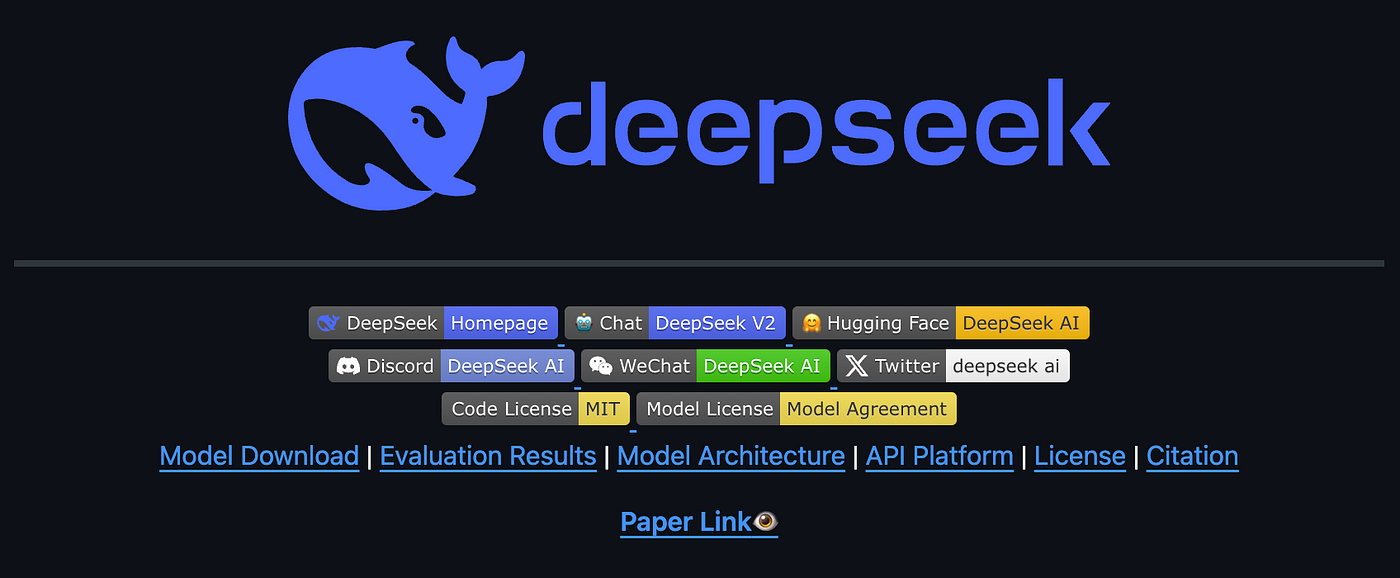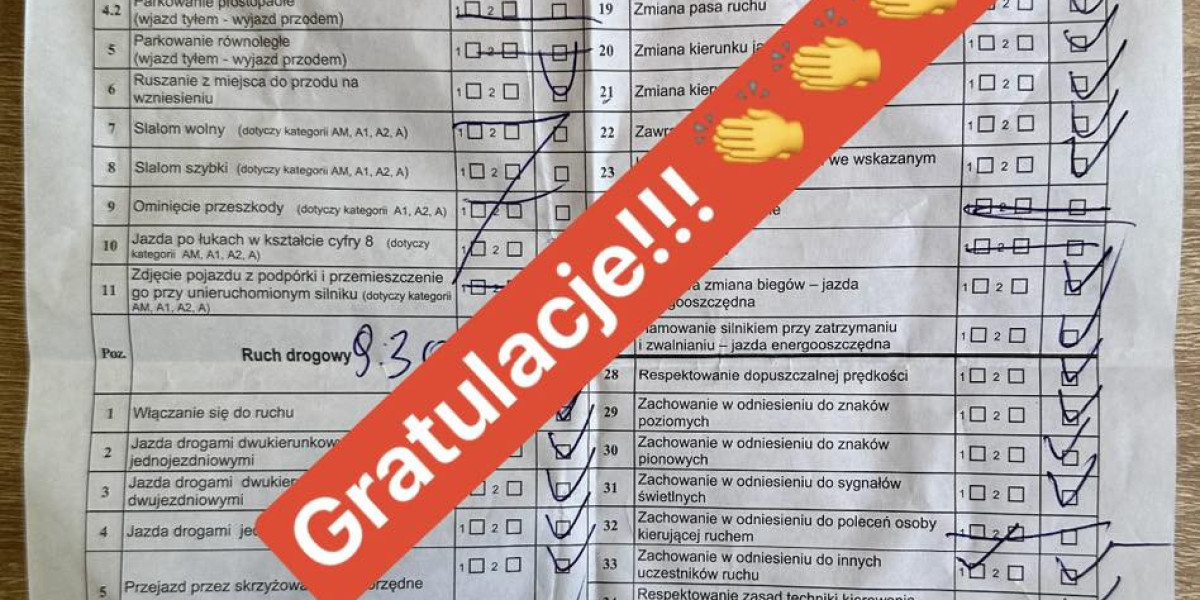Researchers have deceived DeepSeek, the Chinese generative AI (GenAI) that debuted previously this month to a whirlwind of promotion and user adoption, into exposing the guidelines that define how it operates.
DeepSeek, the new "it girl" in GenAI, was trained at a fractional cost of existing offerings, and as such has sparked competitive alarm across Silicon Valley. This has actually led to claims of copyright theft from OpenAI, and the loss of billions in market cap for AI chipmaker Nvidia. Naturally, security researchers have actually begun scrutinizing DeepSeek also, evaluating if what's under the hood is beneficent or evil, or a mix of both. And analysts at Wallarm simply made significant development on this front by jailbreaking it.
While doing so, they revealed its entire system prompt, i.e., a covert set of directions, written in plain language, that determines the habits and constraints of an AI system. They likewise might have induced DeepSeek to admit to reports that it was trained using technology developed by OpenAI.
DeepSeek's System Prompt
Wallarm notified DeepSeek about its jailbreak, and DeepSeek has actually given that repaired the issue. For fear that the very same techniques may work versus other popular big language models (LLMs), however, the researchers have actually picked to keep the technical information under covers.

Related: Code-Scanning Tool's License at Heart of Security Breakup
"It absolutely required some coding, however it's not like a make use of where you send a bunch of binary information [in the form of a] infection, and then it's hacked," describes Ivan Novikov, CEO of Wallarm. "Essentially, we type of persuaded the design to respond [to prompts with particular predispositions], and since of that, the design breaks some kinds of internal controls."
By breaking its controls, the researchers had the ability to extract DeepSeek's whole system timely, word for hb9lc.org word. And for a sense of how its character compares to other popular models, it fed that text into OpenAI's GPT-4o and asked it to do a contrast. Overall, GPT-4o claimed to be less limiting and more innovative when it comes to possibly delicate material.
"OpenAI's timely allows more crucial thinking, open discussion, and nuanced argument while still guaranteeing user safety," the chatbot declared, where "DeepSeek's prompt is likely more rigid, prevents questionable discussions, and stresses neutrality to the point of censorship."

While the researchers were poking around in its kishkes, they also encountered one other fascinating discovery. In its jailbroken state, the model seemed to show that it may have gotten transferred understanding from OpenAI models. The researchers made note of this finding, however stopped short of labeling it any type of evidence of IP theft.
Related: OAuth Flaw Exposed Millions of Airline Users to Account Takeovers

" [We were] not retraining or poisoning its responses - this is what we obtained from an extremely plain response after the jailbreak. However, the reality of the jailbreak itself doesn't absolutely give us enough of a sign that it's ground fact," Novikov warns. This topic has actually been especially delicate since Jan. 29, when OpenAI - which trained its models on unlicensed, copyrighted data from around the Web - made the previously mentioned claim that DeepSeek used OpenAI technology to train its own designs without approval.
Source: Wallarm
DeepSeek's Week to bear in mind
DeepSeek has actually had a whirlwind trip considering that its worldwide release on Jan. 15. In 2 weeks on the marketplace, it reached 2 million downloads. Its popularity, capabilities, and low expense of advancement activated a conniption in Silicon Valley, and panic on Wall Street. It contributed to a 3.4% drop in the Nasdaq Composite on Jan. 27, led by a $600 billion wipeout in Nvidia stock - the largest single-day decline for any business in market history.
Then, right on hint, provided its all of a sudden high profile, DeepSeek suffered a wave of distributed rejection of service (DDoS) traffic. Chinese cybersecurity company XLab discovered that the attacks started back on Jan. 3, and originated from countless IP addresses spread across the US, Singapore, the Netherlands, Germany, and China itself.
Related: Spectral Capital Files Quantum Cybersecurity Patent
An anonymous specialist told the Global Times when they started that "initially, the attacks were SSDP and NTP reflection amplification attacks. On Tuesday, a large number of HTTP proxy attacks were added. Then early this early morning, botnets were observed to have actually joined the fray. This indicates that the attacks on DeepSeek have actually been intensifying, with an increasing variety of techniques, making defense significantly tough and the security challenges faced by DeepSeek more serious."
To stem the tide, the company put a short-lived hang on new accounts signed up without a Chinese telephone number.
On Jan. 28, while fending off cyberattacks, the company released an updated Pro version of its AI design. The following day, Wiz scientists discovered a DeepSeek database exposing chat histories, secret keys, application programming user interface (API) tricks, and more on the open Web.
Elsewhere on Jan. 31, Enkyrpt AI released findings that expose much deeper, meaningful concerns with DeepSeek's outputs. Following its testing, it deemed the Chinese chatbot 3 times more prejudiced than Claud-3 Opus, 4 times more hazardous than GPT-4o, and 11 times as most likely to produce harmful outputs as OpenAI's O1. It's also more likely than many to generate insecure code, and produce unsafe details pertaining to chemical, biological, radiological, and nuclear representatives.
Yet in spite of its imperfections, "It's an engineering marvel to me, personally," says Sahil Agarwal, CEO of Enkrypt AI. "I believe the truth that it's open source also speaks extremely. They want the community to contribute, and have the ability to use these developments.








